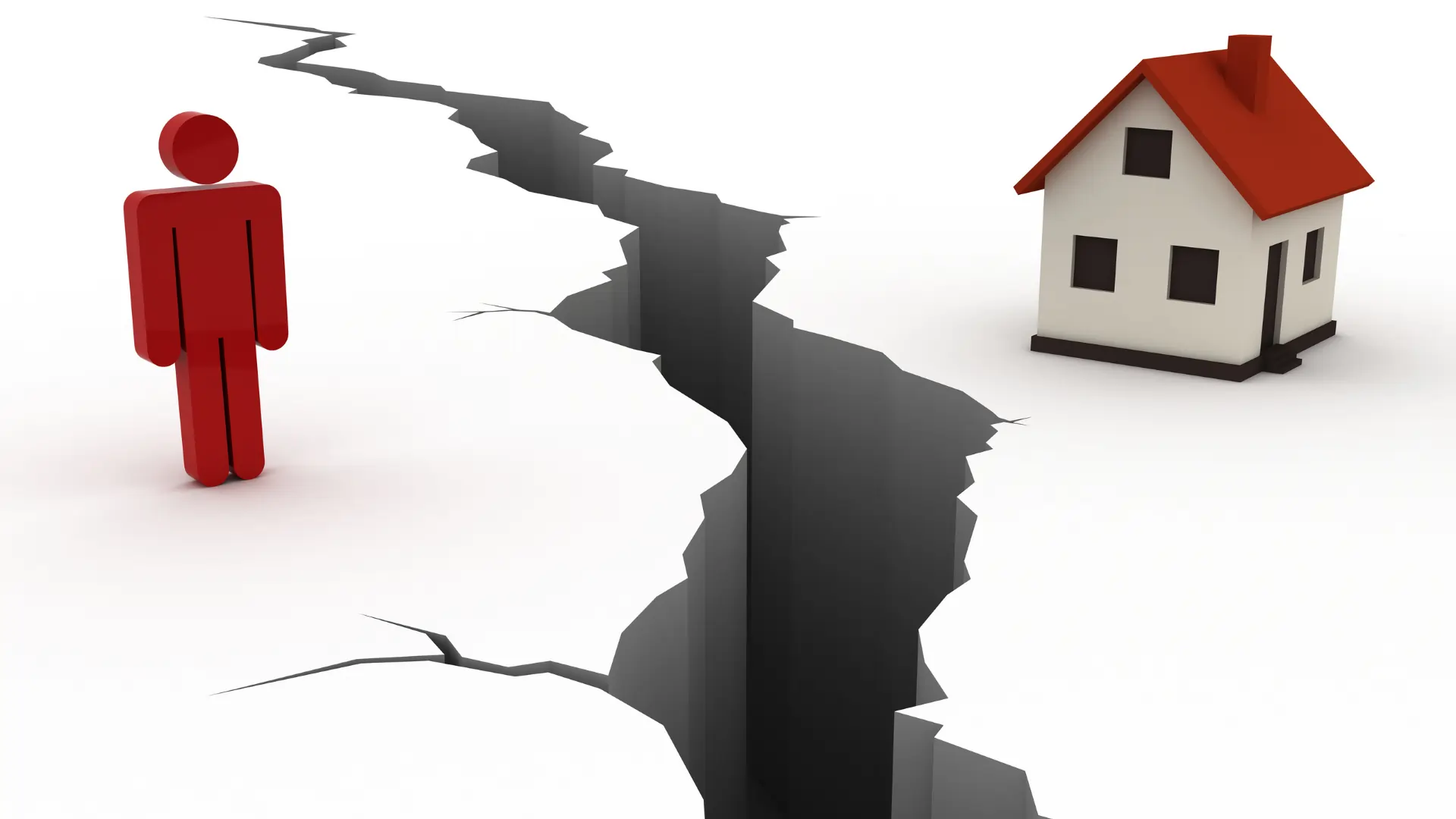
Housing Crisis
You might have heard the term “housing crisis” thrown around in the news or conversations. It can sound a bit complicated, but at its heart, it’s a pretty straightforward problem: too many people are struggling to find a safe and affordable place to live. Let’s break down what that means in simple terms.
Not Enough Homes for Everyone
Imagine a game of musical chairs, but instead of music stopping, more and more people keep joining the circle while the number of chairs stays the same. Eventually, a lot of people are left without a seat. That’s kind of what’s happening with housing in many parts of the world. The number of people needing homes is growing, but the number of available houses and apartments isn’t keeping up. This shortage is one of the main reasons why we have a housing crisis.
Think about big cities where lots of people want to live for jobs and opportunities. If not enough new homes are built, the few that are available become very popular, and the prices go up. This makes it hard for regular folks to afford them.

When “Affordable” Doesn’t Feel Affordable
Another big part of the housing crisis is the word “affordable.” What does it even mean? Ideally, housing is considered affordable if people don’t have to spend a huge chunk of their income just on rent or mortgage payments. Experts often say that you shouldn’t be spending more than about 30% of your income on housing costs.
But in many places facing a housing crisis, people are spending way more than that, sometimes half or even more of their earnings, just to keep a roof over their heads. This leaves them with very little money for other important things like food, healthcare, and education. When people have to make tough choices between basic needs, that’s a clear sign of a housing crisis.
More Than Just High Prices
It’s easy to think the housing crisis is just about expensive houses and rents. While high costs are a major symptom, it’s more than just that. It also includes:
- Poor Quality Housing: Sometimes, the only housing people can afford is in bad condition – maybe it’s unsafe, unhealthy, or doesn’t have necessities.
- Overcrowding: Families might be forced to live in homes that are too small because it’s all they can afford. This can lead to stress and other problems.
- Lack of Variety: There might not be enough different types of homes available. For example, a city might have lots of expensive apartments but not enough smaller, more affordable houses for families.
Why Is This Happening?
There are several reasons why housing crises pop up:
- Growing Populations: As more people move to cities and populations increase, the demand for housing goes up.
- Not Enough Building: Sometimes, not enough new homes are being built to keep up with the growing population. This can be due to things like lack of available land, rules that make building difficult, or not enough investment in affordable housing projects.
- Money Matters: When people’s wages don’t increase at the same rate as housing costs, it becomes harder to afford a place to live. Also, when housing becomes more of an investment than just a place to live, prices can get pushed up by people trying to make money.
The Big Picture
The housing crisis isn’t just a problem for the people struggling to find homes. It affects everyone. It can lead to:
- More Homelessness: When housing becomes unaffordable, more people end up without any place to live.
- Economic Problems: If people are spending too much on housing, they have less money to spend on other things, which can hurt businesses.
- Social Issues: It can create divisions in communities and make it harder for people to build stable lives.
In simple terms, a housing crisis means that a basic human need – a safe and affordable place to live – is becoming harder and harder for a significant number of people to access. It’s a complex problem with many causes and serious consequences, but understanding the basics is the first step towards finding solutions.






1 thought on “What is The Housing Crisis”